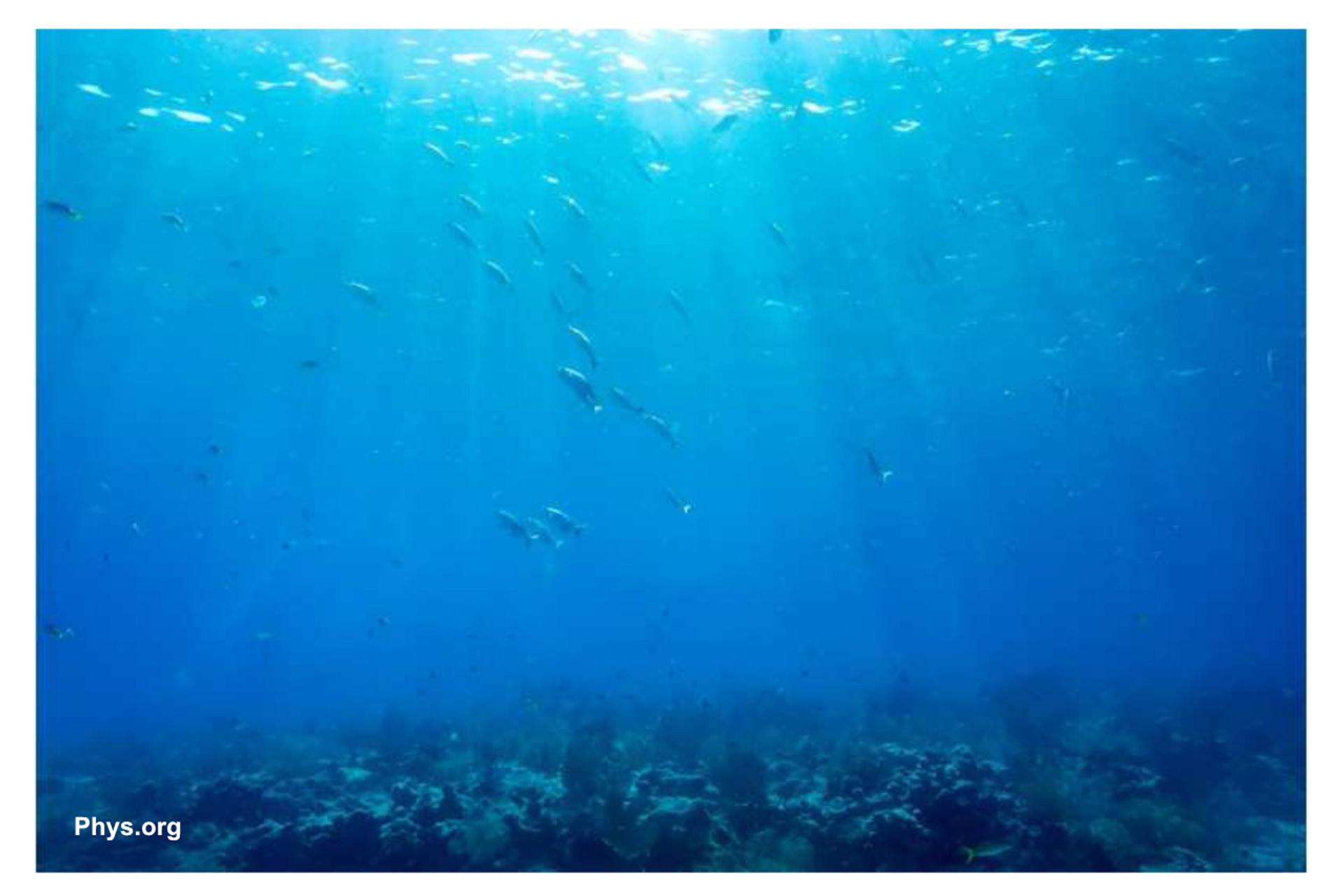Adagio in sea: Coral larvae 'settle near sounds of healthy reefs'

Scientists at the Woods Hole Oceanographic Institution suggest that audio recordings of healthy reefs, capturing the underwater sounds of fish songs and snapping shrimp crackles, could aid in the restoration of coral ecosystems impacted by climate change and human activities. With coral reefs facing significant threats, including climate change-induced bleaching events, there is growing interest in rehabilitation strategies to complement broader conservation efforts. By broadcasting the sounds of healthy reefs, researchers aim to attract coral larvae to settle on degraded reef sites, potentially facilitating the recovery of damaged ecosystems. This innovative approach harnesses the natural cues present in healthy reef environments to encourage the recruitment of coral larvae and promote reef restoration efforts.
In a study published in the journal Royal Society Open Science, lead author Nadege Aoki and her team found that coral larvae utilize various signals, including chemical cues and local sound environments, to navigate and settle on suitable reef habitats. By listening to coral reefs in the US Virgin Islands for over a decade, researchers identified distinct sounds associated with healthy and degraded reef ecosystems. Healthy reefs exhibit a cacophony of low-frequency sounds from fish activity and snapping shrimp, while degraded reefs are characterized by reduced biodiversity and quieter environments. The researchers collected specimens of mustard hill coral, a resilient species, to study their response to reef sounds in laboratory experiments. Their findings suggest that playing recordings of healthy reef sounds could be a valuable tool in coral reef restoration efforts, providing crucial cues for coral larvae to locate suitable habitats for settlement.
In a study conducted in the US Virgin Islands, researchers distributed mustard hill coral larvae in cups across three reefs— one healthy and two degraded. They used underwater speakers to broadcast recordings of healthy reef sounds at one of the degraded reefs. The results showed that coral larvae settled at significantly higher rates on the reef where sound was played compared to the other two reefs where no sound was broadcasted. Settlement rates were on average 1.7 times higher, and in some cases up to seven times more. Lead author Nadege Aoki highlighted the importance of further research to understand how different coral species respond to sound and how they perceive it. She noted that while audio could potentially aid in reef restoration efforts, it would require careful monitoring and protection, as settlement is just one stage in a coral's life cycle. Aoki emphasized the urgent need for human intervention to preserve coral reefs, given the threats posed by climate change-induced coral bleaching. Coral reefs support a significant portion of marine life and provide essential resources for millions of people, but the rapid pace of their decline underscores the critical importance of conservation measures. Head to Kelly MacNamara’s article on Phys Org https://phys.org/news/2024-03-adagio-sea-coral-larvae-healthy.html